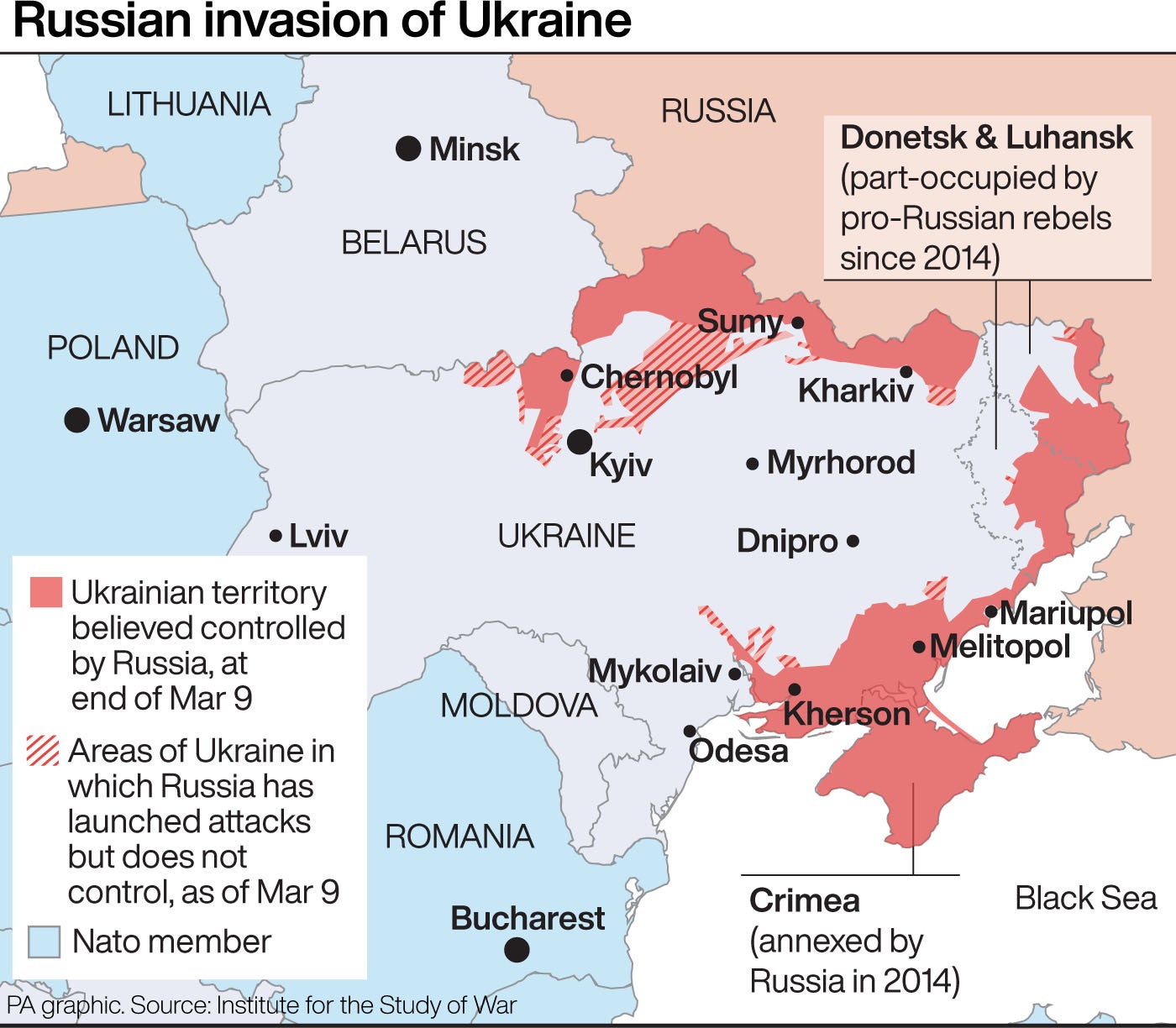Nuclear watchdog loses contact with second Ukraine plant as Zaporizhzhia goes ‘offline’
Transmission of data from systems installed to monitor nuclear material disrupted, says International Atomic Energy Agency
Your support helps us to tell the story
From reproductive rights to climate change to Big Tech, The Independent is on the ground when the story is developing. Whether it's investigating the financials of Elon Musk's pro-Trump PAC or producing our latest documentary, 'The A Word', which shines a light on the American women fighting for reproductive rights, we know how important it is to parse out the facts from the messaging.
At such a critical moment in US history, we need reporters on the ground. Your donation allows us to keep sending journalists to speak to both sides of the story.
The Independent is trusted by Americans across the entire political spectrum. And unlike many other quality news outlets, we choose not to lock Americans out of our reporting and analysis with paywalls. We believe quality journalism should be available to everyone, paid for by those who can afford it.
Your support makes all the difference.A Ukrainian nuclear power plant that suffered damage during fighting when Russian forces stormed the compound has had communication lines severed, the UN’s nuclear watchdog agency has warned.
The International Atomic Energy Agency (IAEA) said direct transmission of data from systems installed to monitor nuclear material at Zaporizhzhia, Europe's largest plant, had been lost.
The reason for the disruption was not immediately clear, the IAEA said, adding that it continued to receive data from other nuclear facilities in Ukraine.
Zaporizhzhia, in the south of the country, has been in Russian hands since last week when a fire broke out in a building at the site after clashes between Russian and Ukrainian forces.
On Wednesday, concern was raised over the situation at the Chernobyl nuclear site, in the north, after Ukraine’s state energy company said power lines had been cut to the site, which was the scene of the world’s worst nuclear accident in 1986.
In an update on the Zaporizhzhia plant, the IAEA said it “in recent days had lost remote data transmission from its safeguards systems installed to monitor nuclear material at the Chornobyl NPP and another Ukrainian nuclear power plant now controlled by Russian forces, the Zaporizhzhya NPP”.
Rafael Mariano Grossi, IAEA’s director general, said he was concerned about the sudden interruption of data flows to the agency’s Vienna headquarters from the two sites, where large amounts of nuclear material are present in the form of spent or fresh nuclear fuel and other types of radioactive material.

“The remote transmission of data from IAEA safeguards equipment located at nuclear sites around the world is an important component of our safeguards implementation, in Ukraine and globally,” he said.
“Such systems are installed in several facilities in Ukraine, including all nuclear power plants, and enable us to monitor nuclear material and activities at these sites when our inspectors are not present.”

The agency said safeguards were in place to ensure that the data was stored locally, but that the storage capacity and operational status of the monitoring systems remained uncertain.
Ukraine said on Wednesday there was a danger of a radiation leak at Chernobyl after electricity was cut off, but the UN watchdog said it saw "no critical impact on security".


Russia has accused Ukrainian forces of attacking power lines and a substation feeding the power plant.
Belarus president Alexander Lukashenko has now instructed Belarusian specialists to ensure power supply to the power plant, which is close to the border with his country, the BelTA news agency reported.
Ukraine has 15 nuclear reactors, eight of which were operating as of Wednesday.
Mr Grossi, who has been pressing for an agreement with Ukraine and Russia on the safety of Ukraine's nuclear power plants, is in Antalya, Turkey for talks with Russian and Ukrainian diplomats.
The Independent has a proud history of campaigning for the rights of the most vulnerable, and we first ran our Refugees Welcome campaign during the war in Syria in 2015. Now, as we renew our campaign and launch this petition in the wake of the unfolding Ukrainian crisis, we are calling on the government to go further and faster to ensure help is delivered. To find out more about our Refugees Welcome campaign, click here. To sign the petition click here. If you would like to donate then please click here for our GoFundMe page.



Join our commenting forum
Join thought-provoking conversations, follow other Independent readers and see their replies
Comments